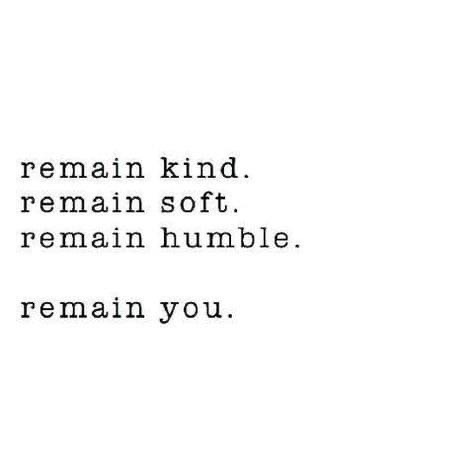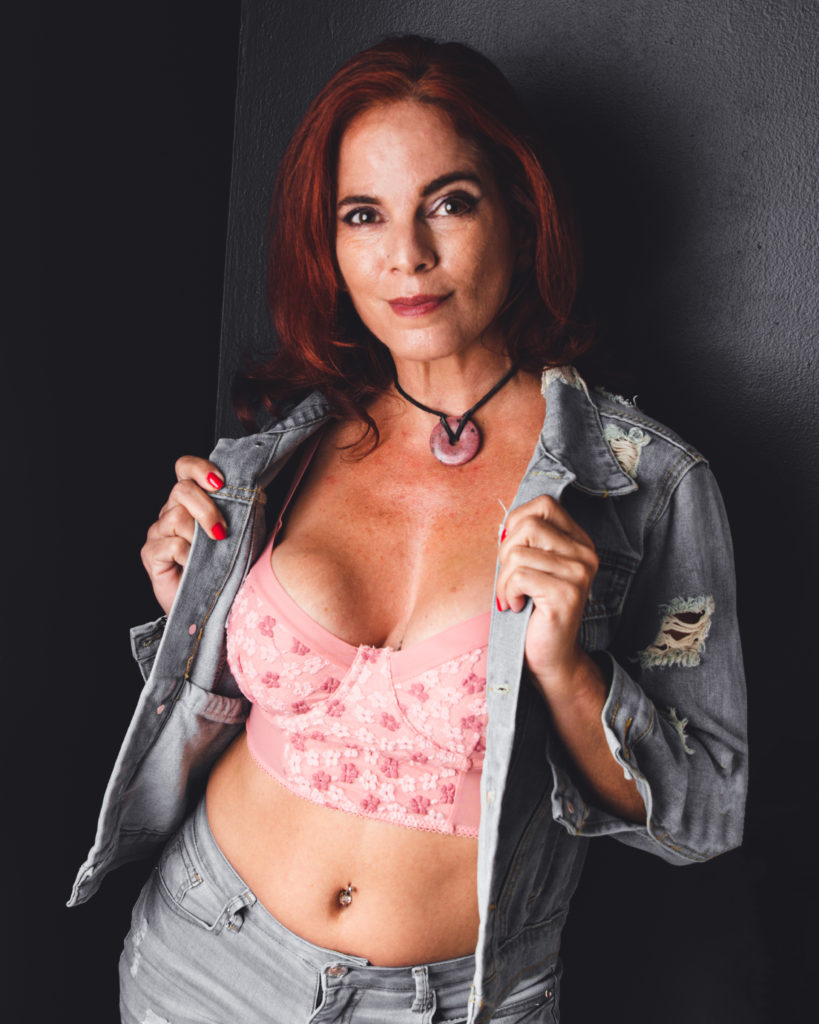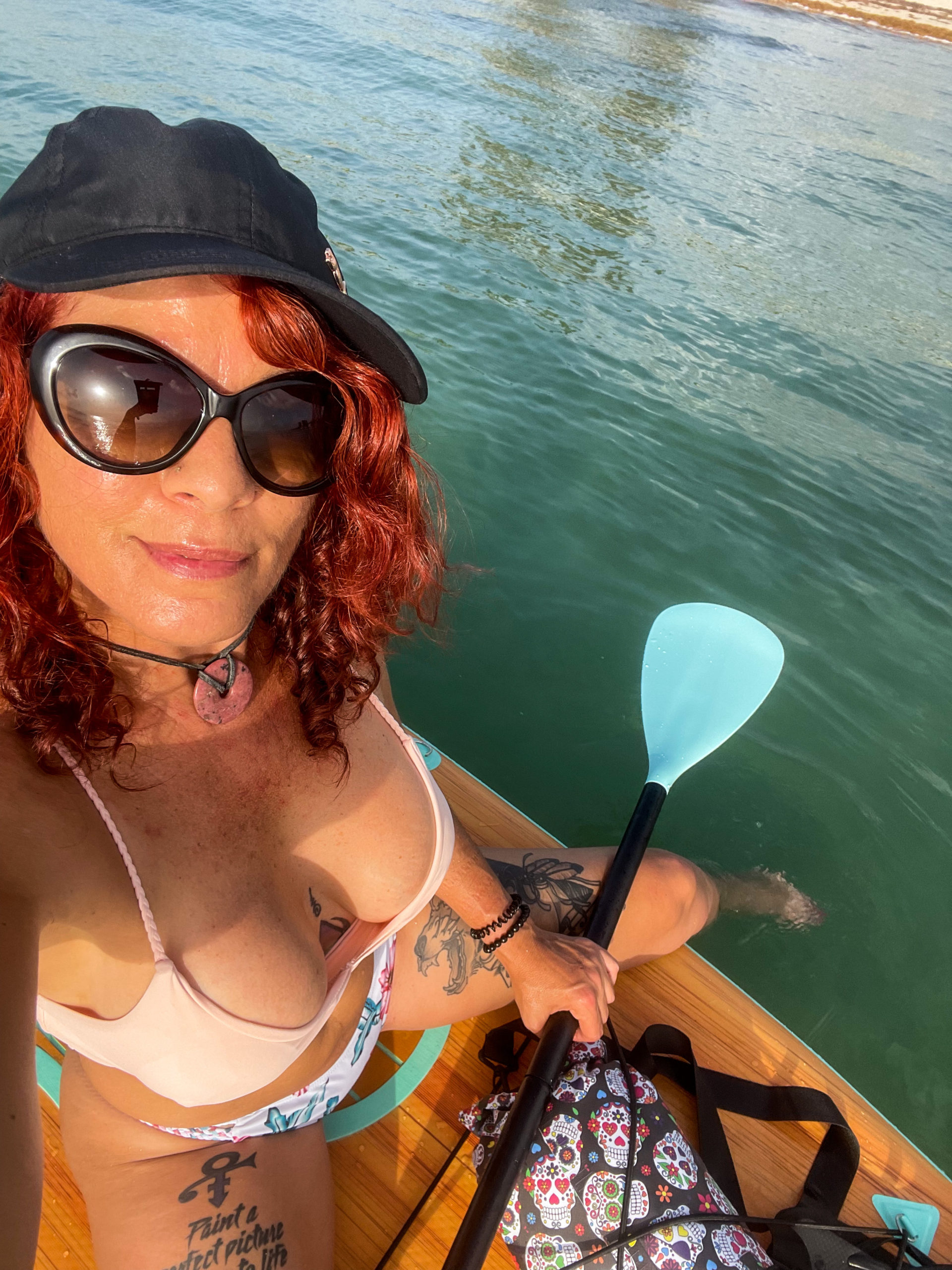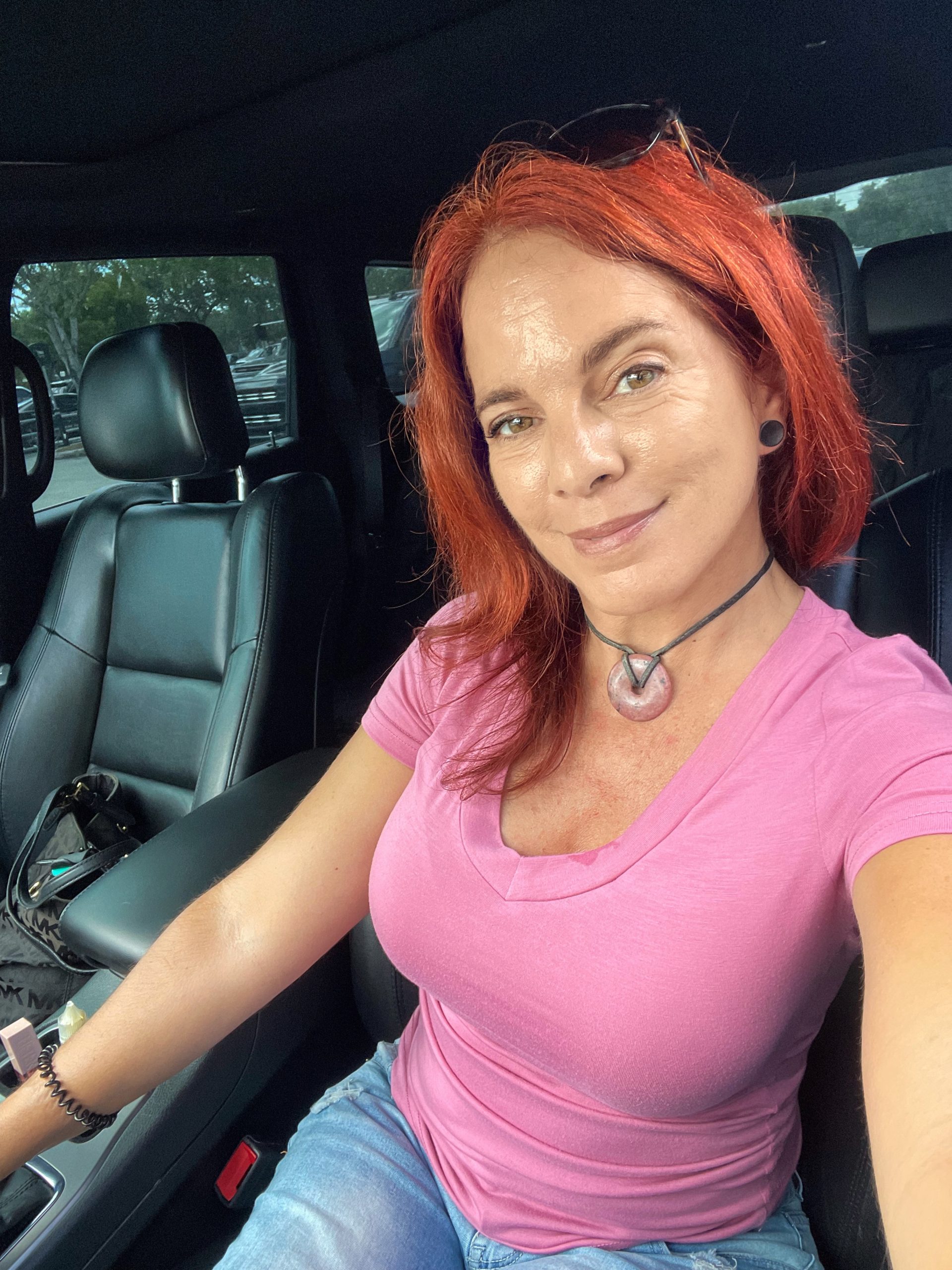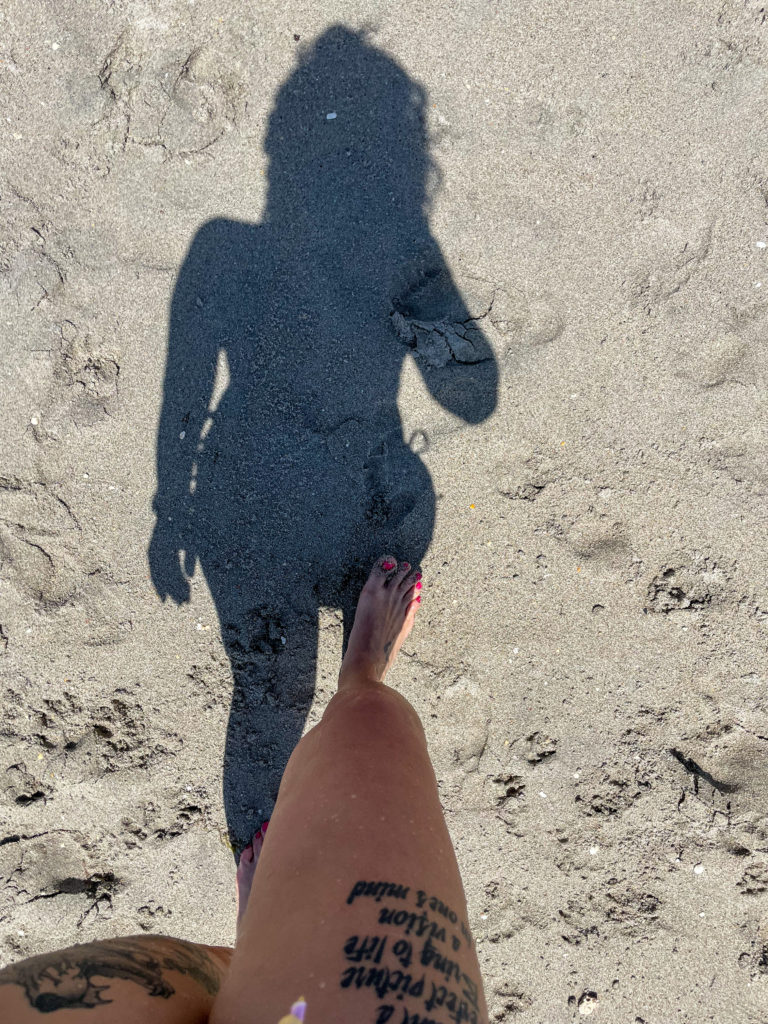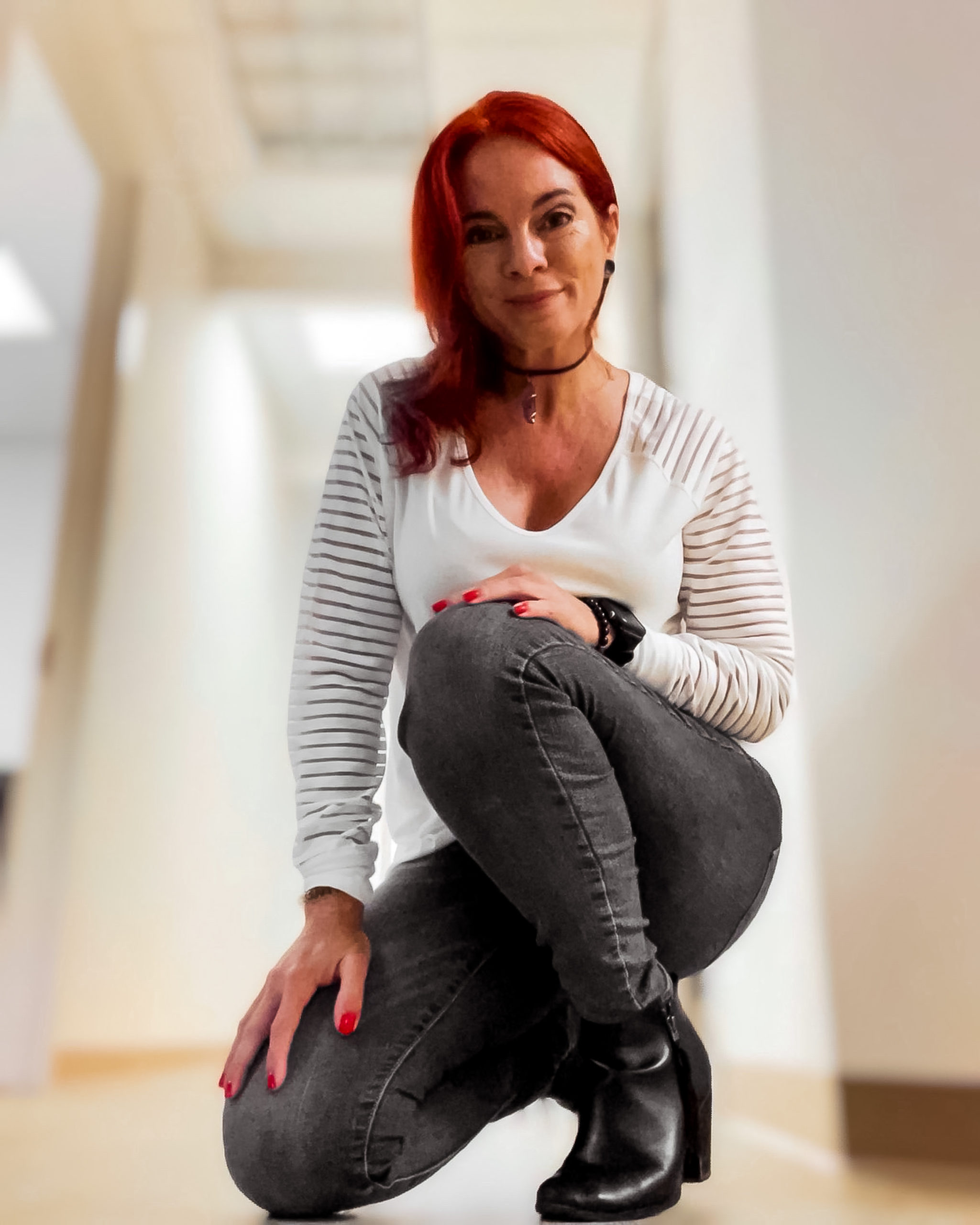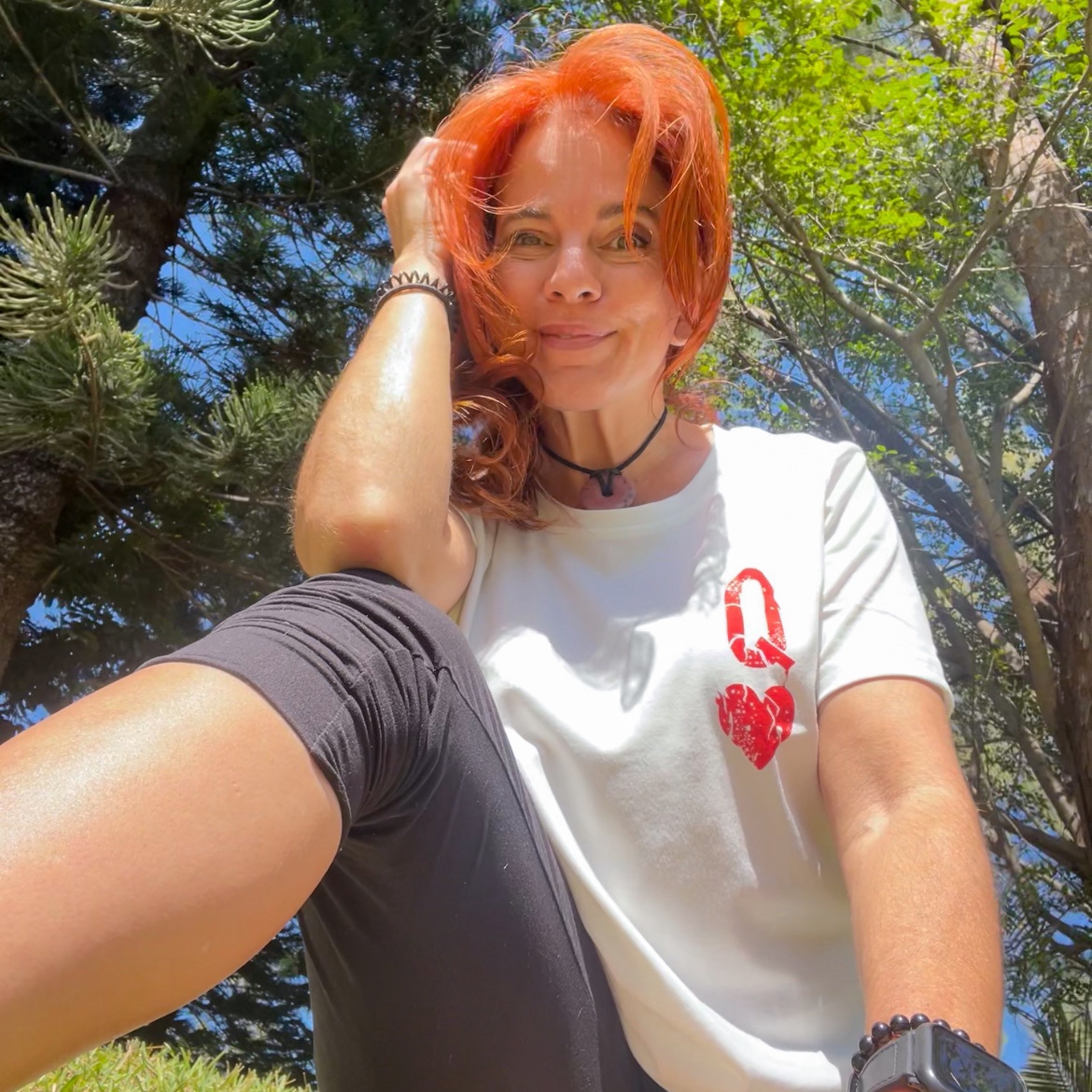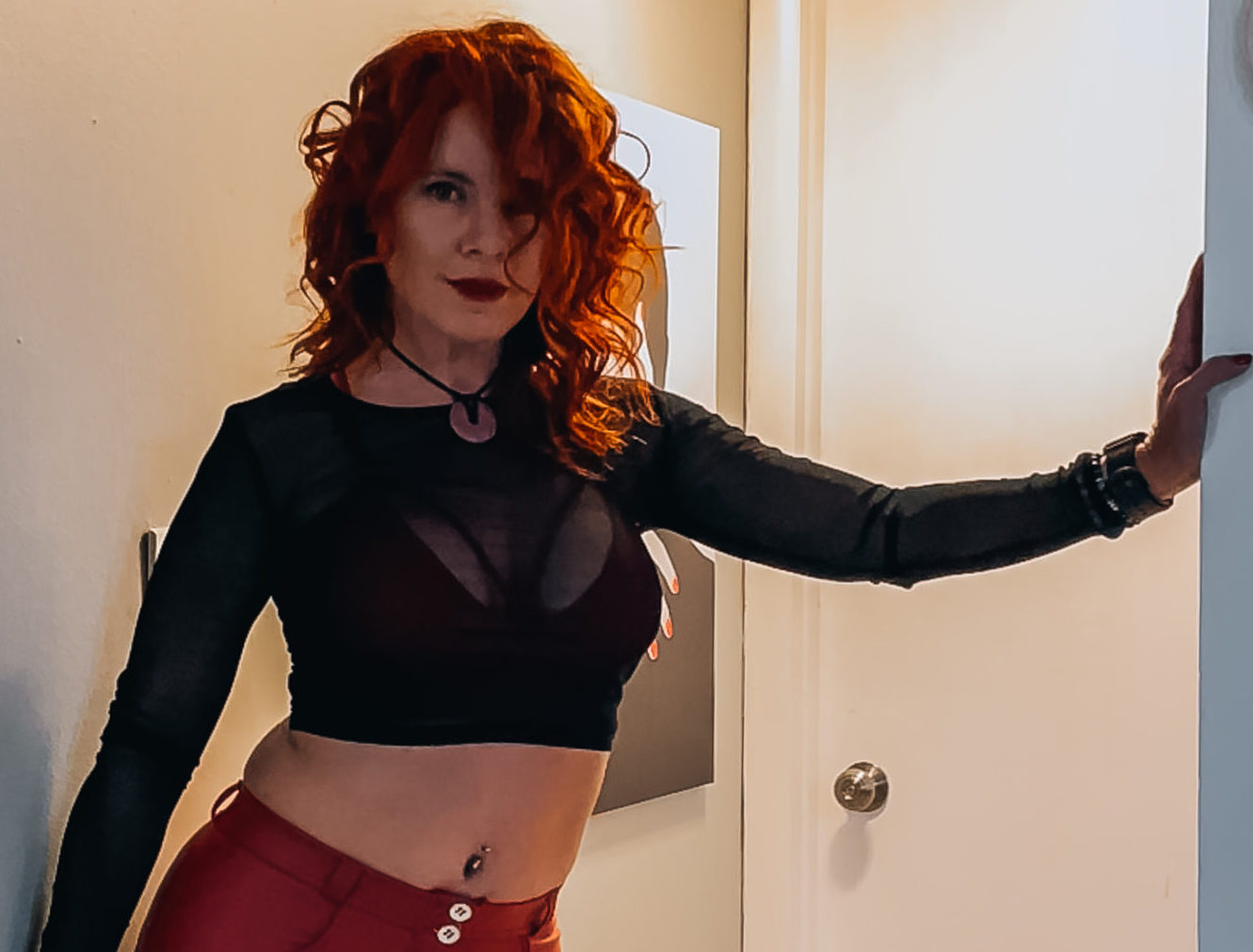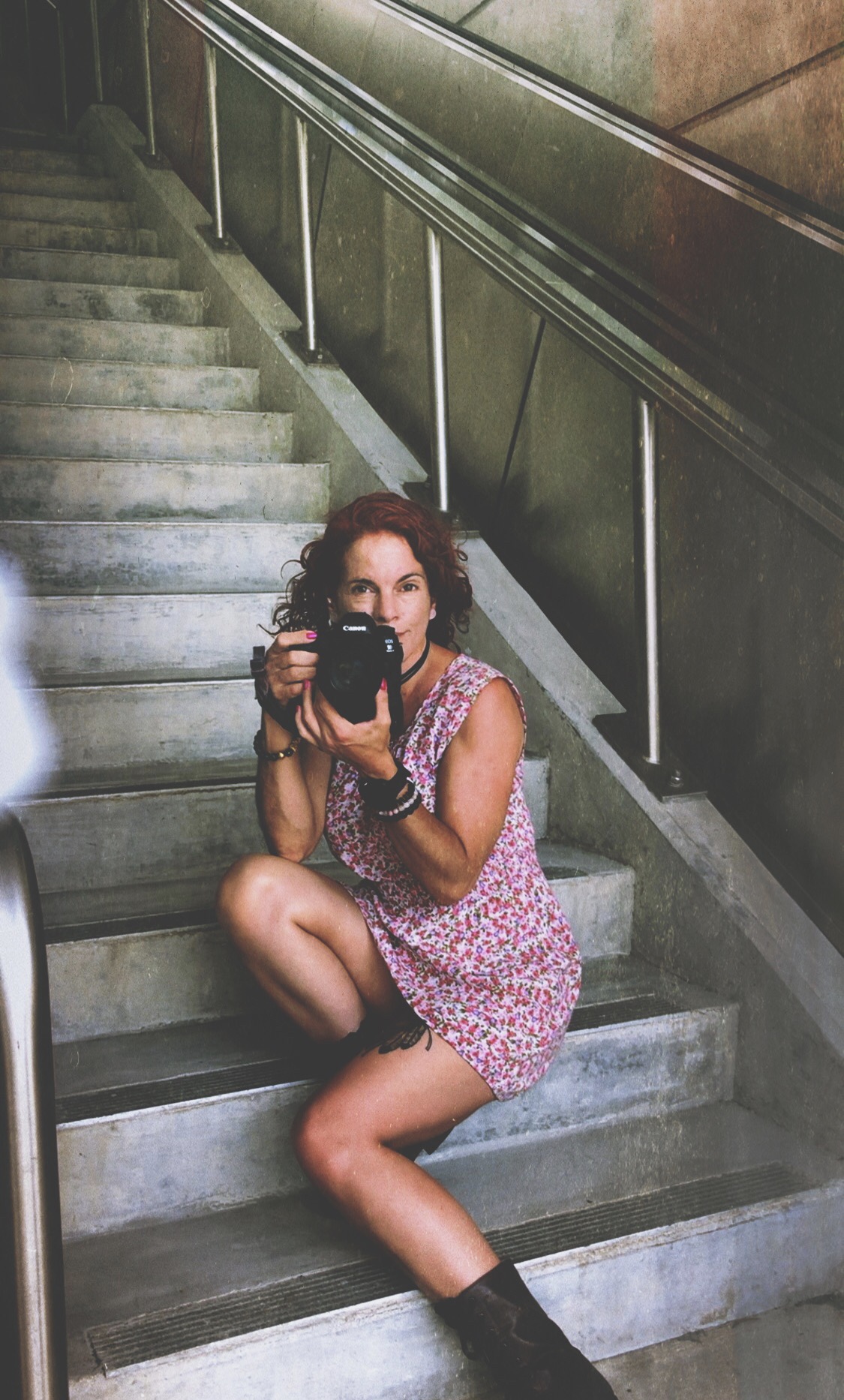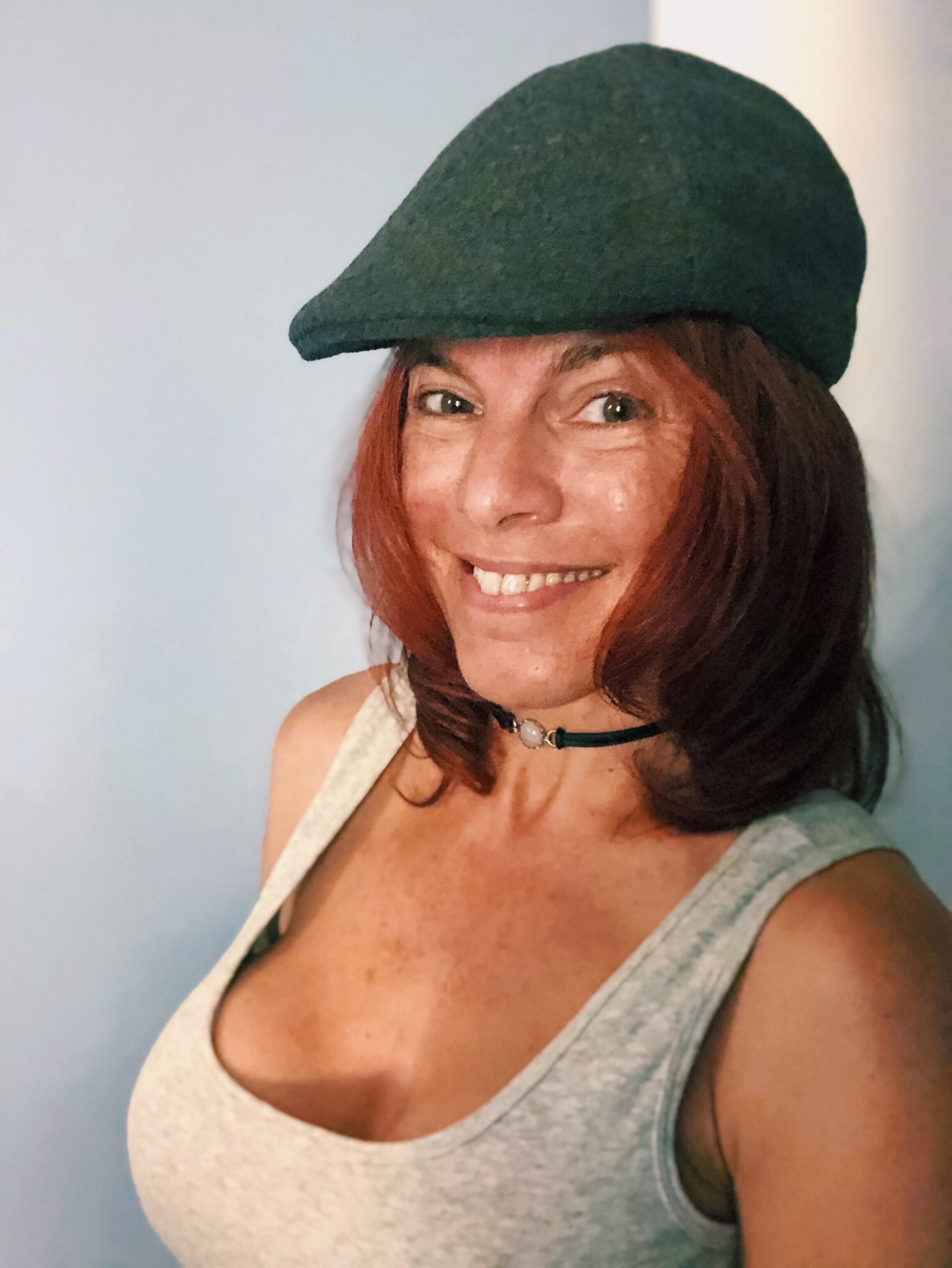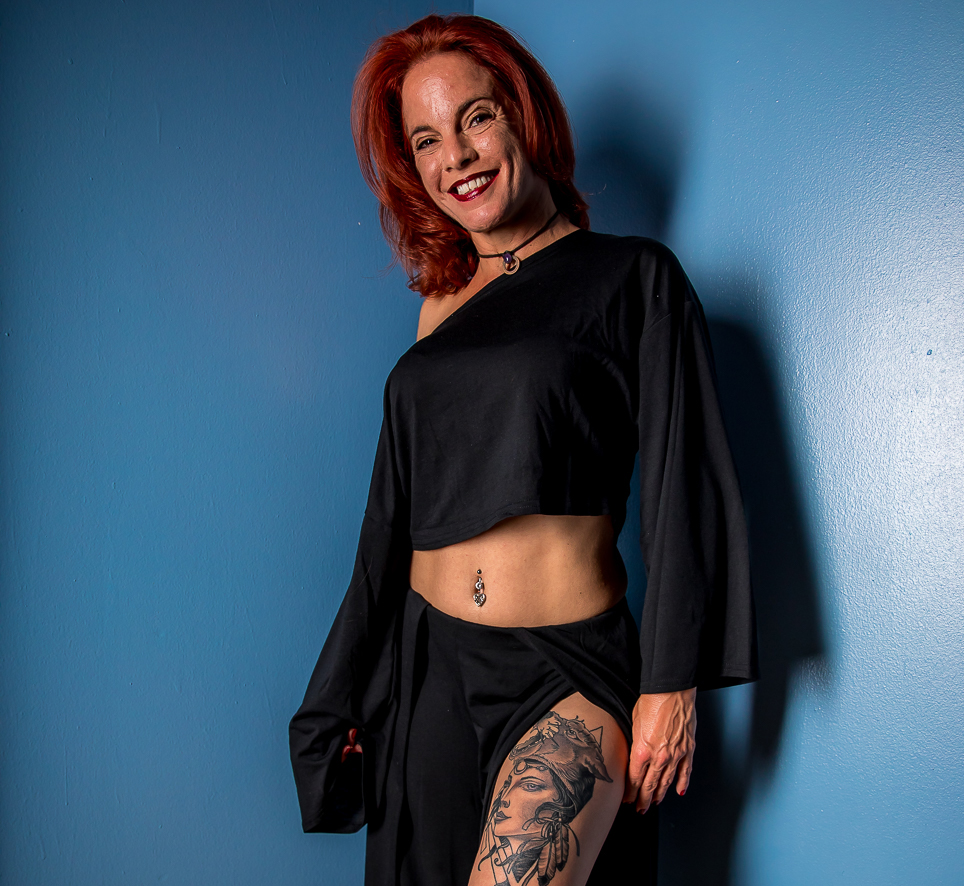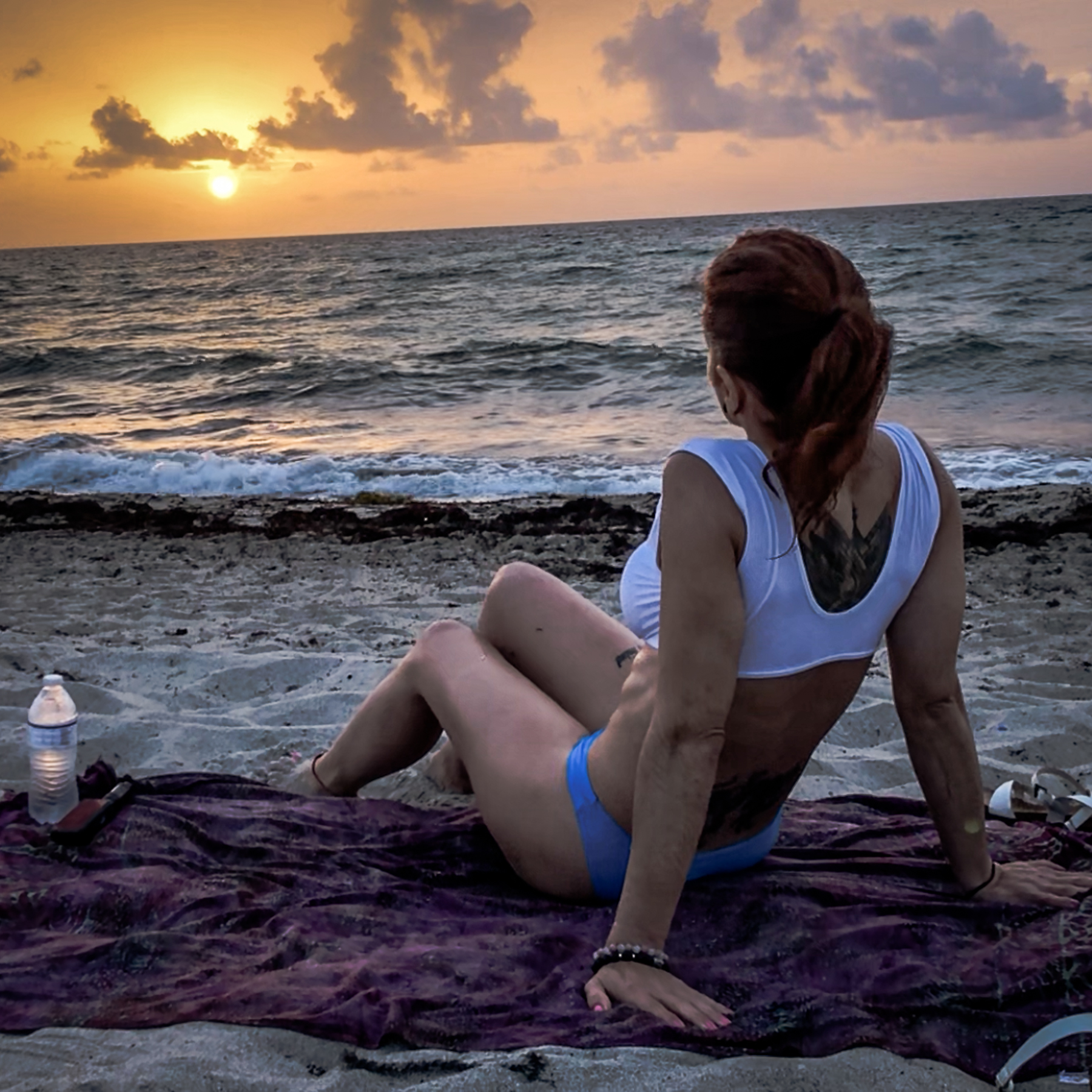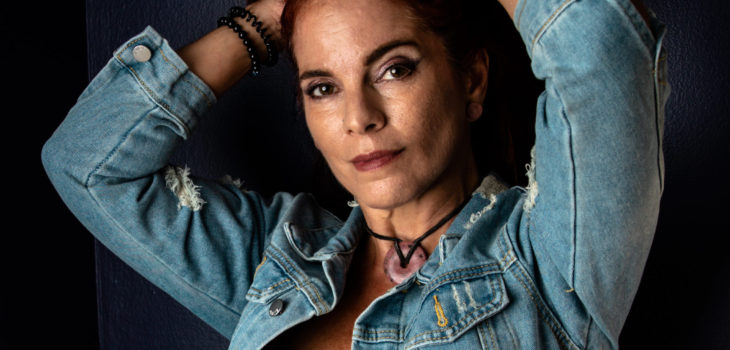 Journal
Journal
To the next chapter in this book
Do you know the analogy of turning the page and starting a new chapter in this thing called life? Well, I prefer to elaborate a little more on that saying. For me, we don’t simply change chapters. I am of the mindset that in life we write books and in those books, you will find the chapters which in turn becomes the story of your life.
So today marks my 46th year around the sun and what a ride it has been so far. I really have learned a lot about myself and for that, I am extremely proud and thankful. I have spent time alone, I have challenged myself, trusted my intuition, and practiced mindfulness. I have written several books in this lifetime and while all have had a definitive moment, I would have to say that by far this current book has had the most defining moments for me. I would even go as far as to say that it is due to this book that I know now who I am.
I know there are a lot of people that don’t know who they are, even worse, some are unaware that they don’t know who they are. From birth, we are inundated with overt and subliminal messages about who we should be. The people who raise us will tell us—either directly or indirectly—who they want us to be, and we will respond to their influence in some way. Two children may be raised by the same parents but may respond in entirely different ways because of who those children are as individuals.
As we grow up, we will be under the influence of various authority figures, friends, enemies, co-workers, teammates, and the list goes on. Pretty much everything we interact with on a daily basis does something to change us in even the slightest of ways, and they build on one another. It’s easy to see how quickly and subtly these influences can create a very tangled, intricate web of beliefs within us.
I’m a layperson in just about every respect—so don’t take this as “gospel”—but I believe we have foundational beliefs. Those are the things that we first learned about ourselves and the world around us, whether those beliefs are right or wrong. No one has foundational beliefs that are completely true, nor are they all completely false. Some are true and some are not, and it’s a lifelong task to figure out which is which, what is what, and who we are. To even begin sorting through our foundational beliefs, we have to care in the first place, and I think that’s where a lot of people fail to understand themselves; they simply don’t care enough to know.
In my experience, a lot of people think “finding yourself” is something for teenagers, college students deciding on a major, and, you know, other people. It’s not something a lot of people worry about because they think they know who they are. I wonder if that’s true, though I suspect as adults, we often say we know who we are simply because that’s what’s expected of us.
People are often only motivated to “find themselves” when they realize what they’ve believed up to a certain point isn’t working. Most of us find a way to live with our beliefs, even if those beliefs are contradictory (a concept called “cognitive dissonance”). Life as we know it works “well enough,” unless and until it doesn’t work anymore. At that point, we gain self-awareness. We realize what we’ve believed about ourselves and the world around us isn’t actually true, and we find ourselves with a crumbling foundational belief. Whether we recognize it or not, we have to rebuild a belief that works within our newly accepted reality.
To give you an example, suppose you were raised in an abusive environment and believed that every child was treated the same way your parents treated you. After years of such treatment, if you then discovered some children are loved by their parents, your foundational beliefs would be shattered, and you’d be forced to acquire a new foundational belief.
That new belief can be just as false as the one before it, or it can be better. There is no way to comprehensively list our foundational beliefs since they’re unique to us as individuals. We can’t even list what our foundational beliefs are as individuals, because they are endlessly complicated and interconnected, much like the nerves in our brains; you can’t tease one out with a pair of tweezers without affecting countless others. The best we can do, at least from my experience, is to act on our self-awareness in the continual pursuit of the truth.
As I said before, some people don’t care enough to pursue their identity, and the complicated nature of self-exploration is daunting, to say the least. To deal with self-awareness well, we have to be willing to be honest with ourselves, which is not something we’re inclined to be in regard to false foundational beliefs. We developed those beliefs as a kind of defense mechanism. “This is how the world works. This is who is more respected or well-liked. This is who I am. This is how things go.” Threaten any of those preconceived notions, and again, it’s like pulling at one nerve in your brain with a pair of tweezers; you’re going to set off all kinds of alarms.
When you start meddling with your foundational beliefs, you’re going to find yourself struggling. You may even sabotage your own efforts because in poking at one foundational belief, everything that’s attached to it is going to try to maintain your status quo. “No, don’t go poking at that! You’re going to kill us all, you fool!”
Most people go throughout life, allowing their foundational beliefs to be transformed in small ways so they maintain their status quo. Even if what they believe changes over time, it’s so gradual and passive, that they might never really discover who they are. Their foundational beliefs could be entirely wrong, but they won’t realize it, because life will continue to work, more or less, at least from their perspective.
Everyone else might be able to see the trainwreck plain as day, but cognitive dissonance is a hell of a thing. Even if people gain some kind of self-awareness, most aren’t willing to really be honest with themselves. That takes the kind of courage most folks just don’t care to have. The boat might be gradually sinking, but it’s moving along, so why rock it? Why abandon the boat and swim?
Even if people know their life isn’t working, they’ll cling to it because it’s familiar, and “better the devil you know than the one you don’t” is an adage for a reason. A person could be hopelessly depressed, but they might also be completely averse to real help because depression is comfortable, and getting better means they’d have to take the hard road to recovery and self-sufficiency.
More than maybe anything in the universe, humans are crap-their-pants terrified of the unknown. I’m pretty sure (and again, I’m a layman) that might be why we’re so dang curious, in part to placate our fears. The universe is a far less scary place when you understand something about it. We’re just as terrified of the unknown in ourselves as we are of the unknown in the world, and maybe moreso.
I’m not sure why, but we desperately cling to the familiar, even when it’s dead wrong. It’s a rare individual who is really willing to look at themselves and figure that mess out, and none of us ever “arrives.” Even the people who know themselves the best are continually searching out and sorting through their beliefs.
I know who I am and I love myself for it. I know who I am. I am not perfect. I’m not the most beautiful woman in the world. But I’m one of them. No, not in a superficial way but in heart and spirit. Being your true self in this world of norms is difficult. However, you must realize that living a pretentious life is not worth the freedom you will get if you just be authentic. That said, here is to one more amazing year around the sun.
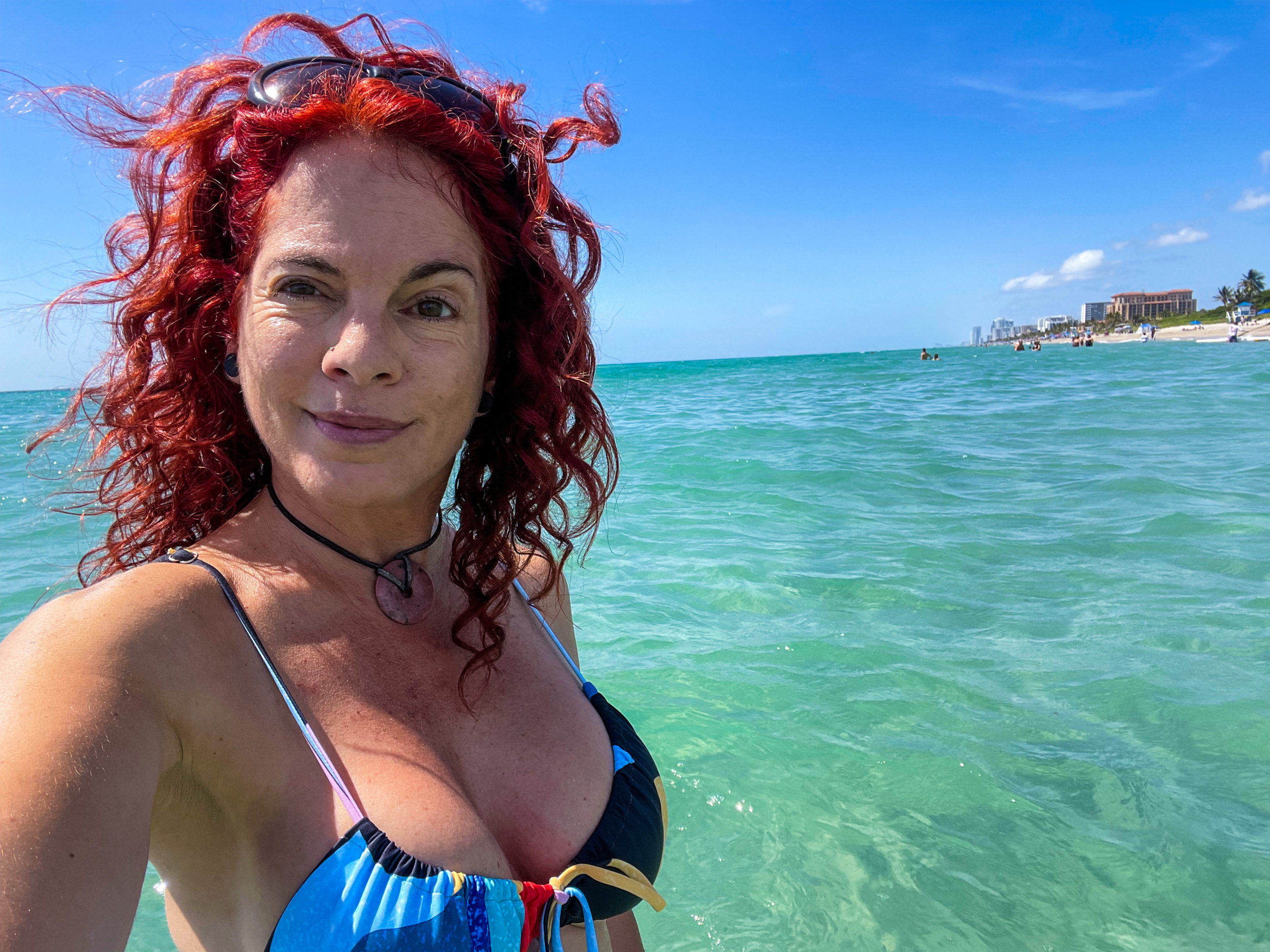
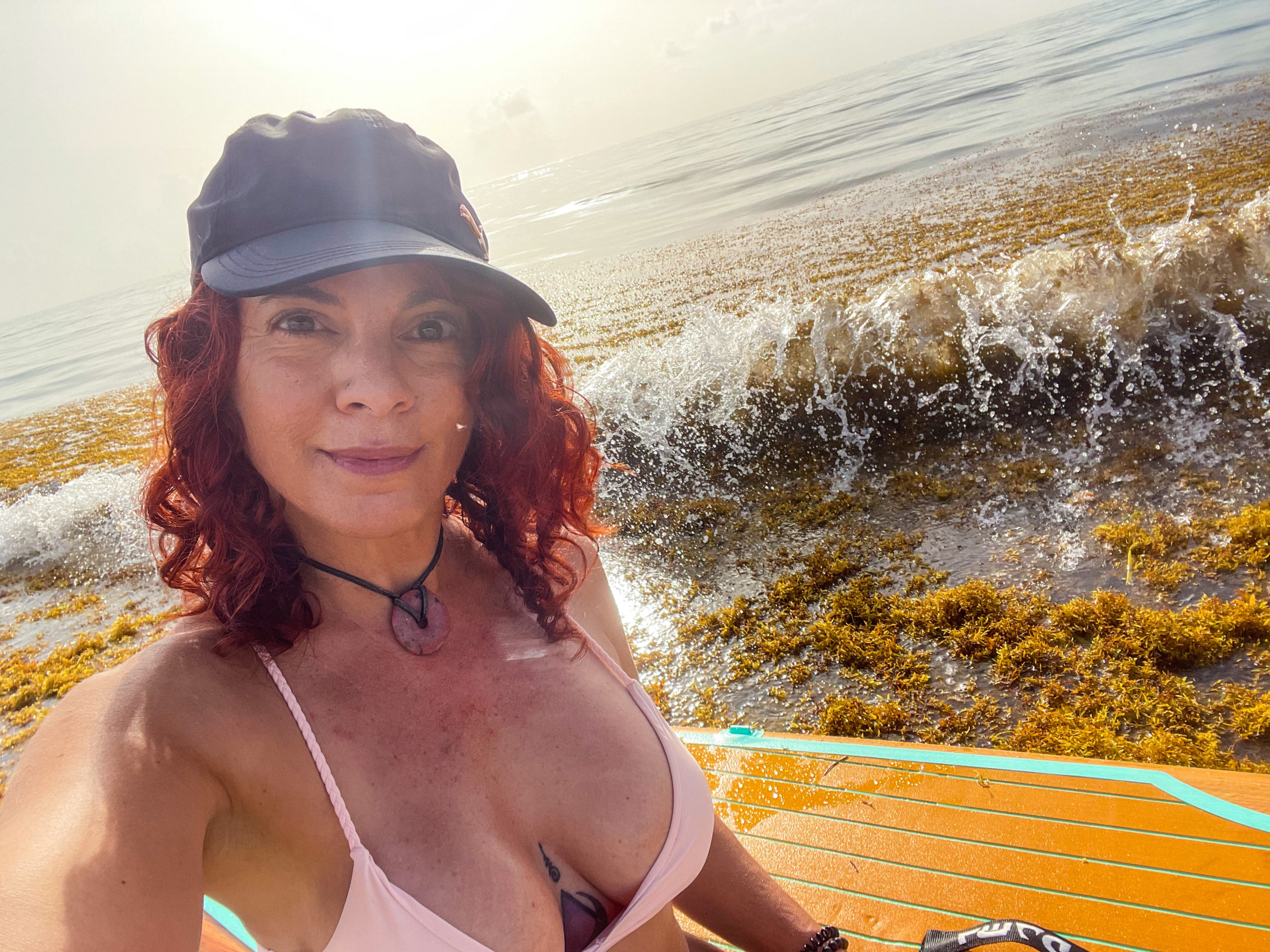
― Kevin Hart, I Can’t Make This Up: Life Lessons
“Life is a story. It’s full of chapters. And the beauty of life is that not only do you get to choose how you interpret each chapter, but your interpretation writes the next chapter. It determines whether it’s comedy or tragedy, fairy tale or horror story, rags-to-riches or riches-to-rags”
